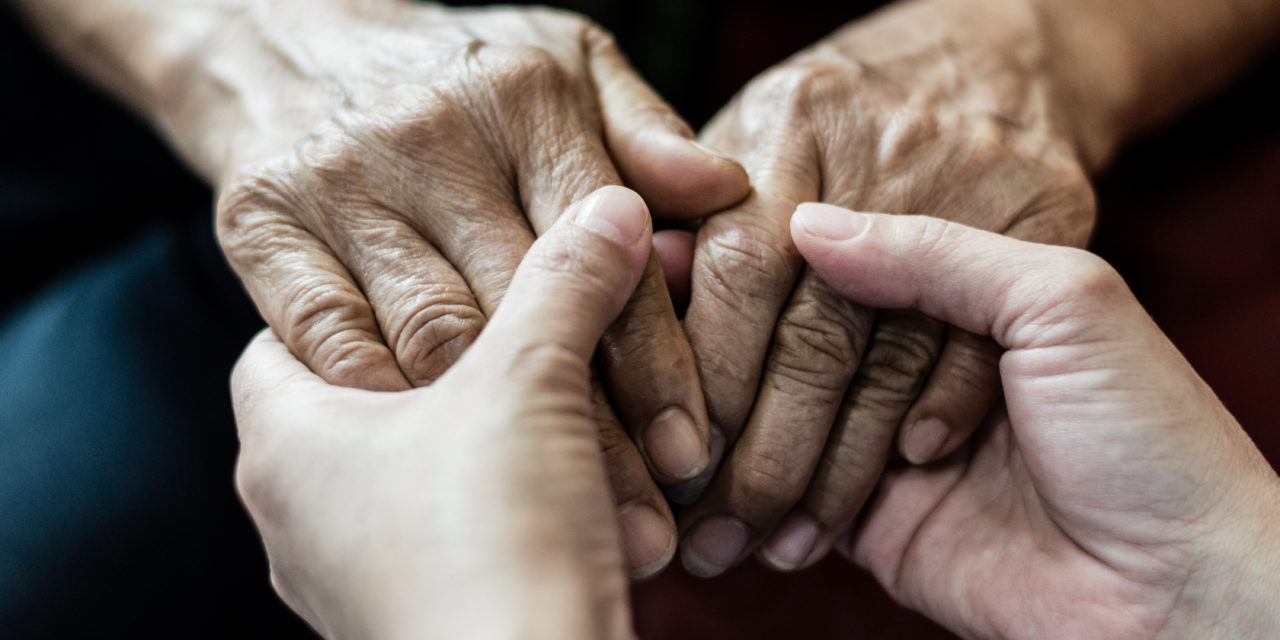Can a computer algorithm determine when your life is about to end? That’s about to become the reality in Canada, where a piece of technology can tell physicians and the government when a senior citizen supposedly has only six months left to live. Though it is played as a way for families to plan for the future and be intentional about creating treasured memories, this detrimental system could have a decisively negative impact and encourage the growth of the country’s euthanasia movement.
No one knows the moment of their death, but we all know that it’s coming at some point. It’s inevitable, much like taxes as Benjamin Franklin once pointed out. But now some of that mystery can supposedly be erased by a new computer program in Canada, which can allegedly pinpoint the moment of death within six months for senior citizens.
Per Global News Canada, “Amid a lack of proper support for Canadians receiving home-based support towards the end of their lives, a new risk calculator is helping predict how long seniors have left to live.
“The Risk Evaluation for Support: Predictions for Elder-Life in the Community Tool — dubbed ‘RESPECT’ for short — can predict death within six months, and was developed using data from more than 491,000 community-dwelling adults aged at least 50 years who used home care between 2007 and 2013.”
One of the authors for the study states, “The RESPECT calculator allows families and their loved ones to plan.”
“For example, it can help an adult [or] child plan to take a leave of absence from work to be with a parent or decide when to take the last family vacation together.”
Perhaps that all sounds well and good but telling someone that they only have six months left to live could easily become the harbinger of their demise rather than just a possibility, especially if that person is already dealing with a potentially terminal condition.
My family knows this firsthand.
When my mother received her metastatic cancer diagnosis, she was given only about 12-18 months to live. Recounting the appointment to me, she even believed that her doctor at the time was being “generous.”
That was in 2016, four and a half years ago. As it turns out, her doctor was off by at least a couple of years if not more.
Though understanding the severity of the disease was important, my mother admits that the life expectancy she was given was “discouraging” in an already emotionally draining and life-changing moment.
We now know that science was advancing and new and more powerful treatments were being developed every day to treat her type of cancer and keep her going strong. She also changed up her diet and tried to have a positive outlook on her situation, not believing that her doctor-defined deadline was necessarily the final word on the matter.
As Christians, we know that God defines our days, not physicians and certainly not a computer program.
The danger with RESPECT is that it might encourage people to truly believe that they have such a limited time when sometimes they don’t.
For example, Brittany Maynard became a passionate and vocal activist for assisted suicide after she was diagnosed with a terminal brain cancer and given six months to live. She even moved from California to Oregon for the sole purpose of seeking out doctors and drugs that would end her life.
The vulnerable woman told the world that she would end her life on November 1, and she did.
Sadly, such a public announcement about her intended date of death also meant that she had to go through with it, to a certain extent. She, in fact, lived at least a month past her original prognosis date and could have survived even longer. It may have even been possible for a life-sustaining treatment to become available in that time.
She just never gave that a chance.
That’s the great concern for those who live in the Great White North. A program like this could easily be used to aggressively court people who are depressed and struggling with a severe medical condition for state-sponsored euthanasia or physician-assisted suicide.
It’s a tempting offer, especially for those who are told that there is no hope and that it would be better and easier on everyone if they ended their lives without exploring all options or just experiencing a natural death.
There are certainly times when the prognosis is right, but it can be wrong too. People given a likely date of death may believe that life is no longer worth living for just six months or they may make decisions that they live to regret if their estimated date of death does not come to pass.
If my mother had listened to her physician and accepted his initial assessment as the final word on her future, she might not be alive today.
Death is not easy, and the process of grief is often completely consuming. But these types of programs encourage us to see our lives through the lens of a limited computer program or a medical assessment, rather than trying to live every day as if God is the author of our life and destiny. He knitted us together in our mothers’ wombs, has counted the hair on our heads and, most importantly, He has numbered our days.
Live each day for Him, and, prayerfully, this program will end up in a scrap heap of history.
Picture from Shutterstock.






